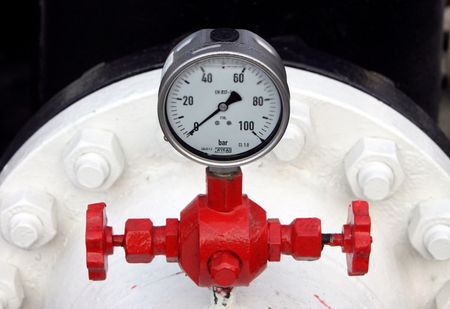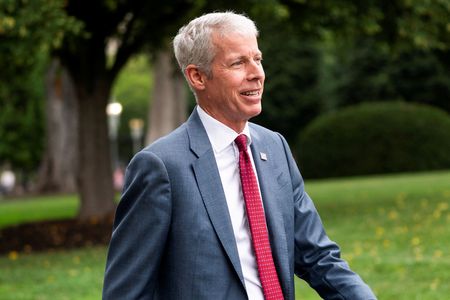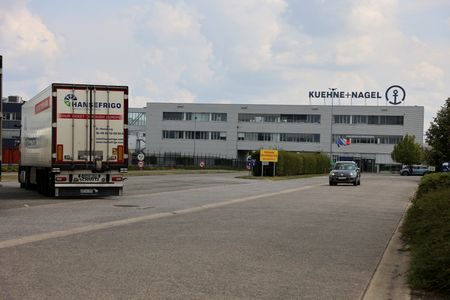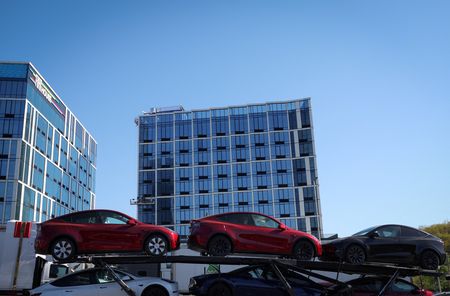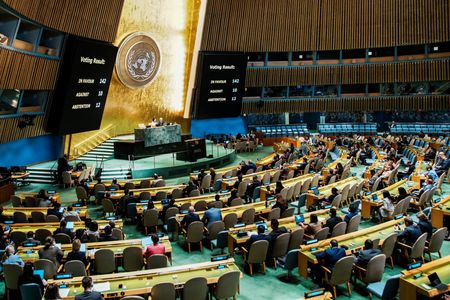By Kate Abnett and Nora Buli
BRUSSELS (Reuters) – The European Union could phase out Russian gas within six to 12 months by replacing it with U.S. liquefied natural gas, and the United States communicated this position to EU officials this week, U.S. energy secretary Chris Wright told Reuters on Friday.
Wright was speaking in Brussels, where he met EU energy commissioner Dan Jorgensen on Thursday as the U.S. ramps up pressure on Europe to cut off Moscow’s energy revenue, seeking to end the war in Ukraine.
The EU is negotiating legal proposals to phase out imports of Russian oil and gas by January 2028, with a ban on short-term contracts kicking in from next year.
“I think this could easily be done within 12 months, maybe within six months,” Wright said of how quickly the EU could phase out Russian gas.
“I definitely voiced the opinion we could do it faster. On the U.S. side, we could do it faster, and I think it would be good if those dates were moved up even more. I don’t know that that’s going to happen, but that was dialogued,” he said, referring to his meeting with Jorgensen.
A European Commission spokesperson declined to comment on Wright’s remarks.
Jorgensen said on Thursday it was unacceptable the EU continued to import Russian energy – but that the 2028 phase out was ambitious and would ensure EU countries do not face energy price spikes or supply shortages.
EU Commission President Ursula von der Leyen said this week the bloc was considering a faster phase-out of Russian fossil fuels as part of new sanctions against Moscow, without specifying how Brussels would do this.
New sanctions require unanimous approval from all 27 EU members. Hungary and Slovakia have so far opposed sanctions on Russian gas – which is why the EU proposed the 2028 phase out, in a law which can be approved by a reinforced majority of EU countries.
Europe is expected to purchase around 13% of its gas from Russia this year, down from roughly 45% before Russia’s full-scale invasion of Ukraine in 2022, EU data show.
Neither the U.S. government nor the EU Commission control gas deals, which are agreed by producers and buyers in a global market.
Rabobank energy strategist Florence Schmit said a faster Russian gas exit was feasible – but only if Washington intervened to ensure that U.S. LNG exporters redirect supply to Europe from other markets.
“An earlier phase-out would be possible with sufficient government intervention and higher market prices,” Schmit said, adding that the 20-23 billion cubic metres in LNG export capacity the U.S. is set to add next year is nearly enough to replace the EU’s Russian gas imports, forecast at 25 bcm this year.
Rystad Energy senior analyst Jan-Eric Fähnrich added that a faster phase out would only work if Asian LNG demand does not significantly recover next year, depending on how mild or cold the coming winter is.
(Reporting by Kate Abnett, additional reporting by Nora Buli in Oslo and Emily Chow in Milan ; Editing by Kirsten Donovan)

